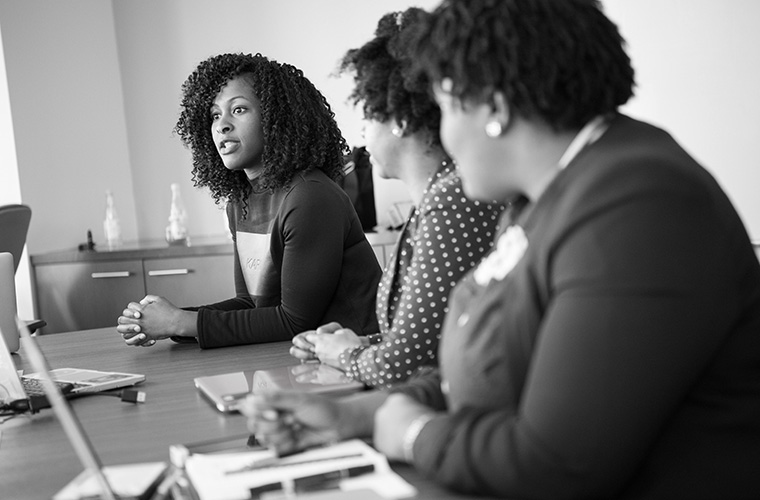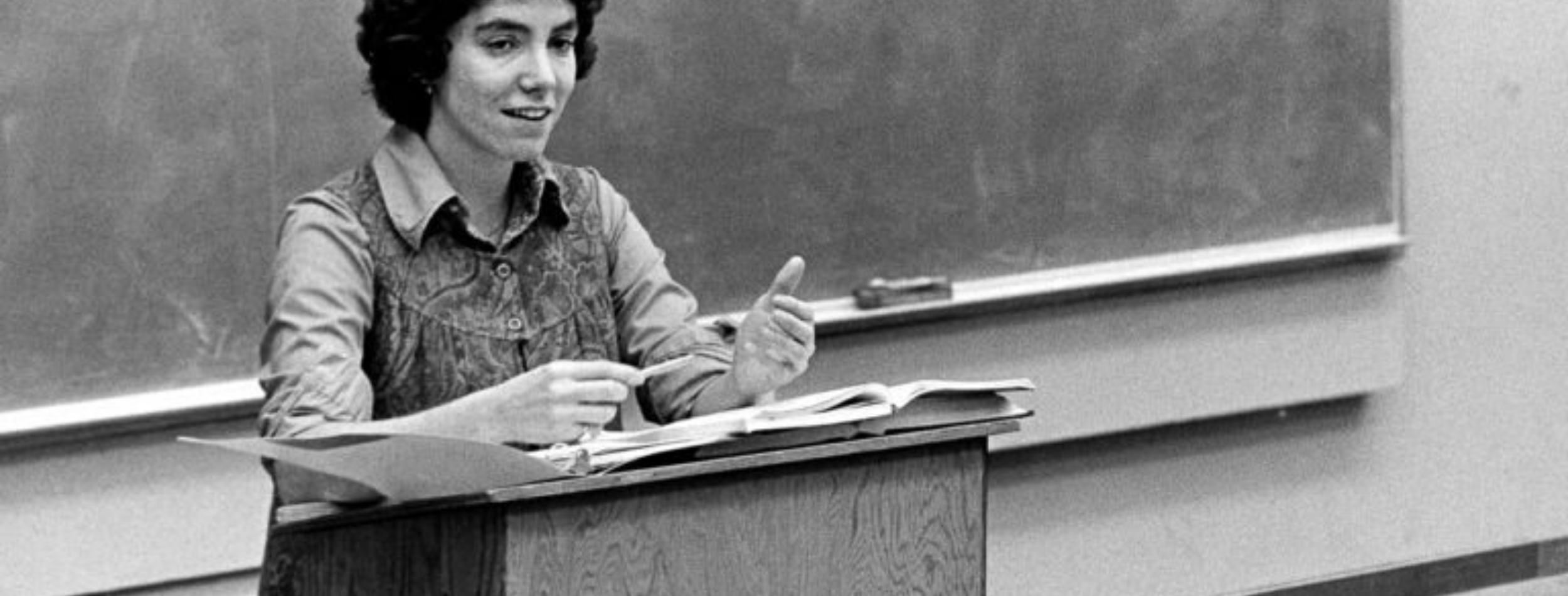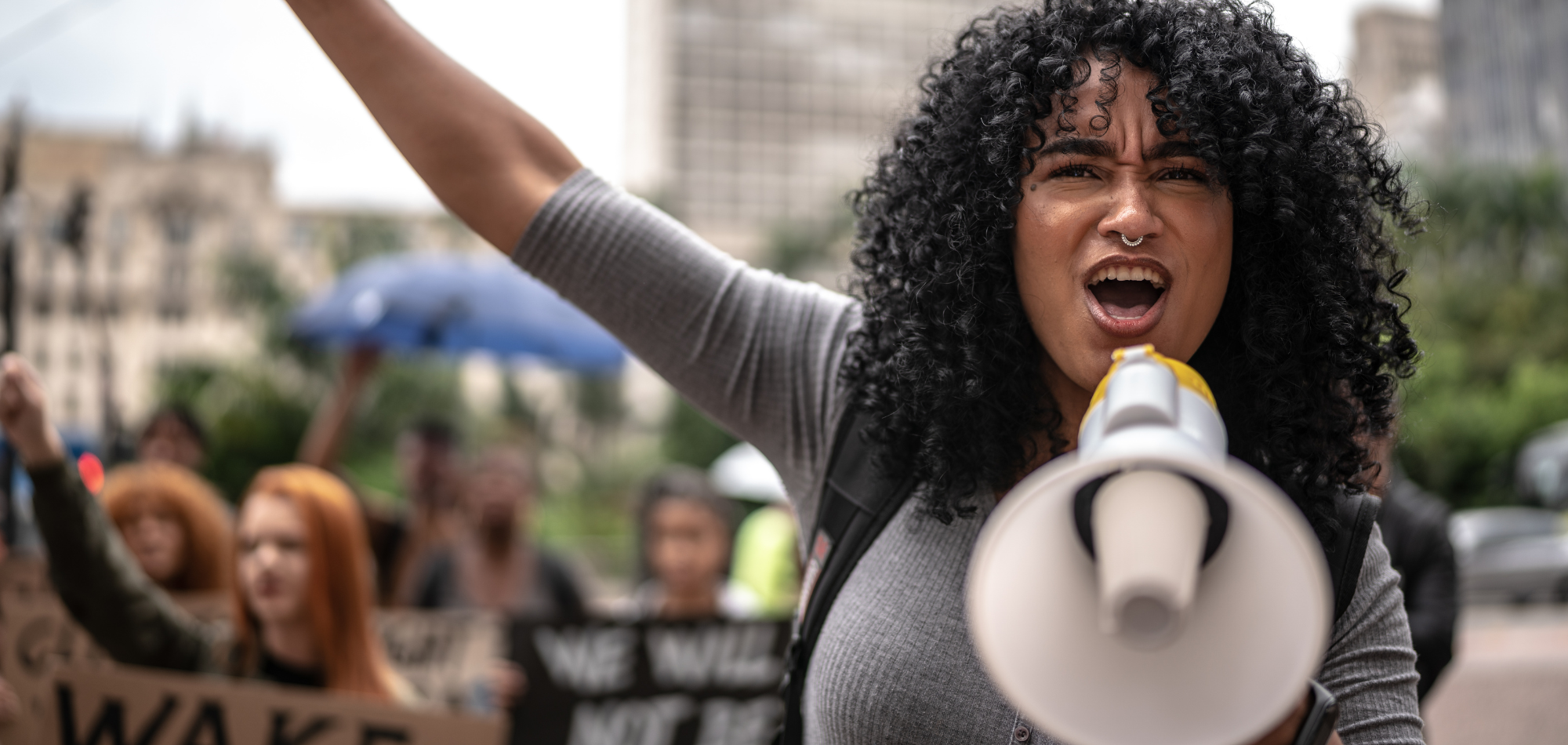

Remembering Barbara Babcock: A friend to the least among us
Make a gift to the Barbara Babcock NextGen Fund in her honor.
Leave a memory of Professor Babcock on her tribute page.
As Board Chair of Equal Rights Advocates, and a career-long friend, mentee, and devotée of Barbara Babcock for over 50 years, it is my great honor to add a few words to ERA Executive Director Noreen Farrell’s moving tribute. The truth is, as long as Barbara Babcock was around, no woman had to worry about being the first woman anything.
In 1970, having temporarily forsaken Yale Law School —where Barbara had earlier been a shining star — for public interest work in Washington, DC, my first and unforgettable glimpse of Barbara came as I was privileged to watch her work her fabled magic in a particularly heinous murder case. She was at that time the first head of the D.C. Public Defender Service— reputed to be the best public defender office in the universe. No surprise, then, that some years later Barbara should publish her extraordinary biography of Clara Shortridge Foltz, the first woman lawyer in California and the founder of the public defender movement.
I should note that my law school entering class in 1968 featured a historic 22 women, in contrast to the bare handful enrolled up until that time. The increase, mirrored across the country, was primarily owed to the ravages of the Vietnam War, with 1968 marking the first year that draft deferments were barred to men entering graduate school. Thus, ironically, while we were in many ways emblematic of the Second Wave of feminism that was beginning to sweep the nation, many of us were, as Barbara would later say of certain aspects of her career, the proud beneficiaries of affirmative action.
In 1970, a group of us badgered a reluctant Yale Dean into authorizing one of the nation’s first Women and the Law courses. We were thrilled when Barbara agreed to bi-weekly flights up to New Haven to teach the course – each time braving what a year later proved to be the fatally dangerous New Haven airport. Barbara’s was a remarkably innovative, interdisciplinary approach to a complex subject, as later reflected in her first landmark textbook, Sex Discrimination and the Law, which she authored with, among others, her friend Eleanor Holmes Norton and students from that Yale course (later to be updated by none other than ERA’s own Wendy Williams). It will come as a surprise to no one that, at substantially the same time, ERA founding mother Herma Hill Kay, together with Ruth Bader Ginsburg, authored the other pioneering legal text on gender-based discrimination.
Luckily for all of us, in 1972, Barbara succumbed to Stanford Law’s blandishments to became their first tenure-track woman professor. It was only a short time later that she became an early fairy godmother to ERA, pivotal to our landing the above-described Carnegie Corporation grant.
Barbara went on to publish an astonishing range of landmark books and articles, including her very illuminating and witty memoir, Fish Raincoats: A Woman Lawyer’s Life, while winning every conceivable teaching prize and professional honor, and mentoring and inspiring countless women — and men — to lead in the fight for racial, gender and economic equality, and ultimately becoming the first woman to occupy an endowed chair at Stanford Law.
As recently observed by her friend Justice Ruth Bader Ginsburg, it was while on leave from Stanford, to serve as head of the Civil Division of the Justice Department under President Carter, that Barbara successfully fought for Justice Ginsburg’s appointment to the D.C. Circuit, thereafter testifying before Congress in support of Ginsburg’s elevation to the U.S. Supreme Court. “I would not hold the good job that I have today,” Justice Ginsburg has said, “were it not for Barbara Babcock.”
Throughout her life, and up through her final illness, I always saw Barbara, outside of my mother, as my greatest mentor. As many have and will write, she was a civil rights giant—a brilliant, charismatic, extraordinarily accomplished, extremely funny woman, who adored her husband, Tom Grey, her stepdaughter and all of her family, and who was dedicated to advancing equality for those whom society labels as the least among us. I count myself as among the luckiest of women for having been her friend.— Drucilla Ramey, ERA Board Chair
Stay Connected & Take Action
- Get the Latest News & Information Sign up for Email Updates
- Sign Up for Action Alerts Join the Action Team
- Follow Us

